Let’s Chat About Coccidiosis…
Coccidiosis is caused by Coccidia — a protozoan parasite that infects the intestinal tract of chickens. With a typical life cycle of 1 week, it’s often just treated as such (for 1 week); however, many people find that it comes back again shortly thereafter — and that’s because they don’t treat it for long enough. Chicken health is an important topic, and understanding not only how Coccidiosis presents itself in your flock, but also how it’s spread (through fecal matter) and what the ramifications are of treating it — especially if you’re collecting eggs to eat!

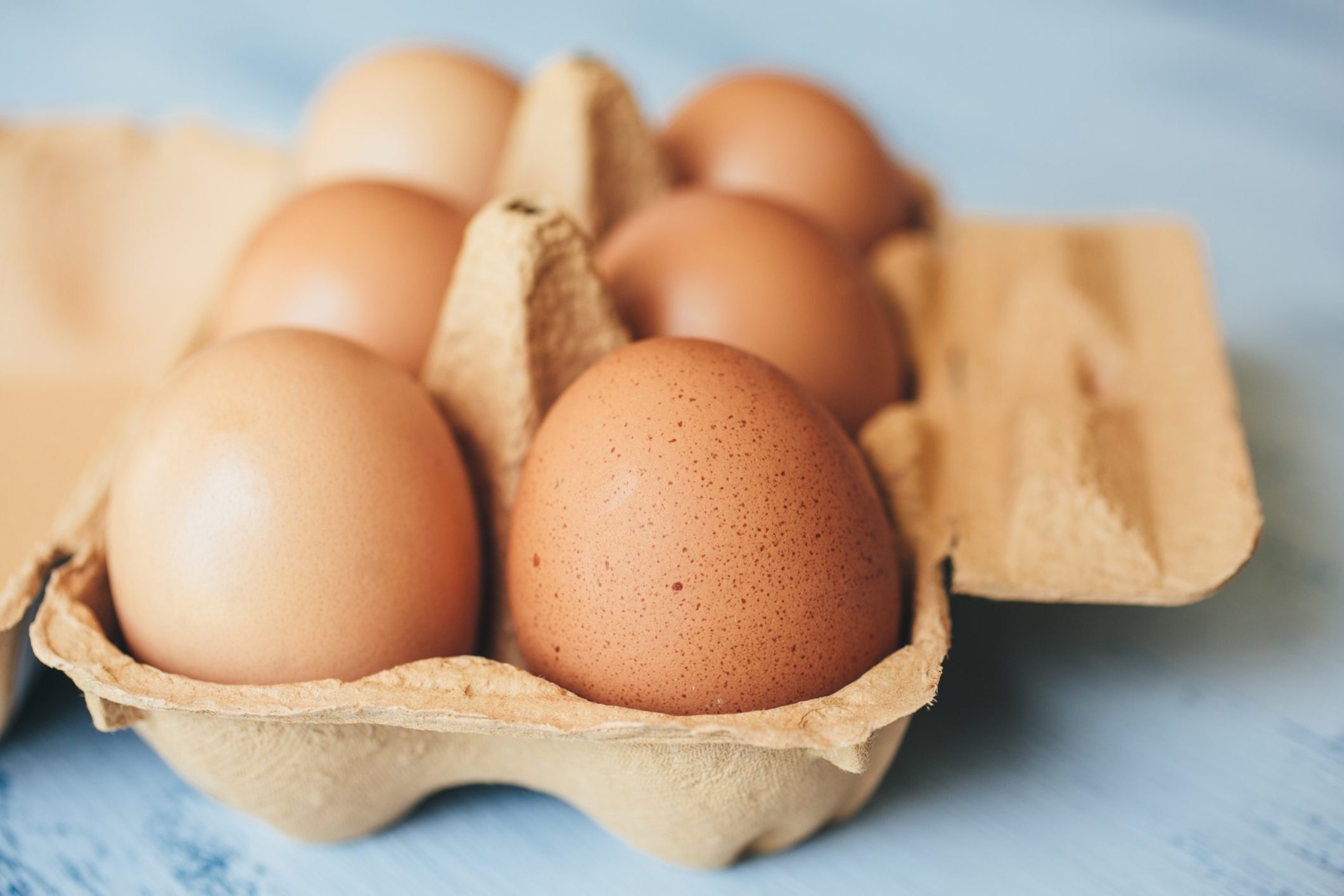
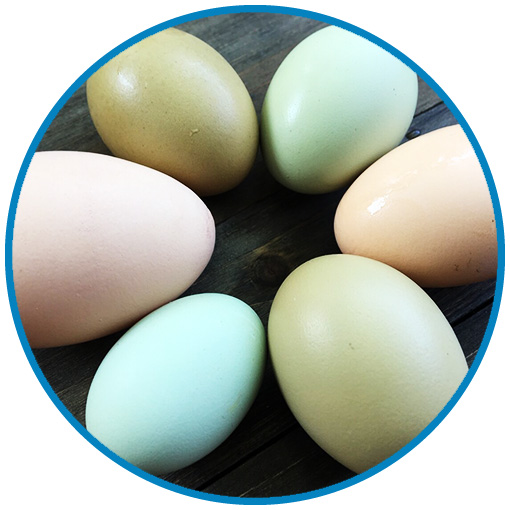 How long do freshly collected eggs actually last? How long are they good for? There is nothing better than having a consistent supply of farm-fresh eggs from your very own flock of hens! If your hens produce more eggs than your family can eat daily, you will quickly begin to accumulate eggs.
How long do freshly collected eggs actually last? How long are they good for? There is nothing better than having a consistent supply of farm-fresh eggs from your very own flock of hens! If your hens produce more eggs than your family can eat daily, you will quickly begin to accumulate eggs.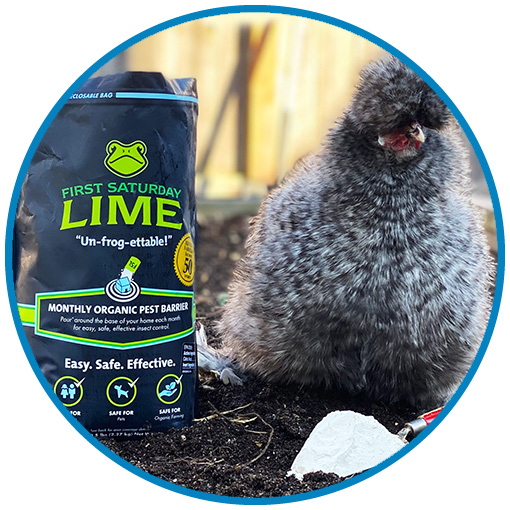

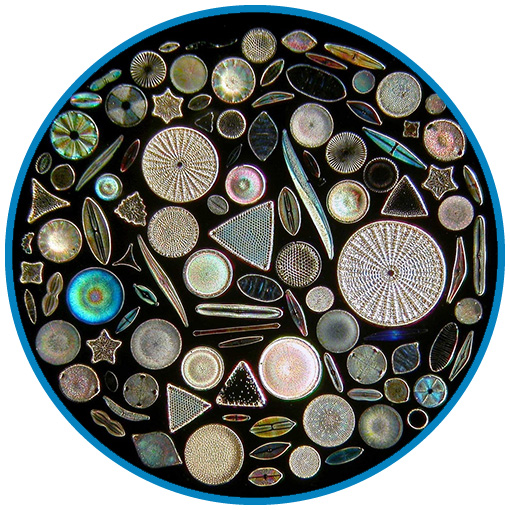
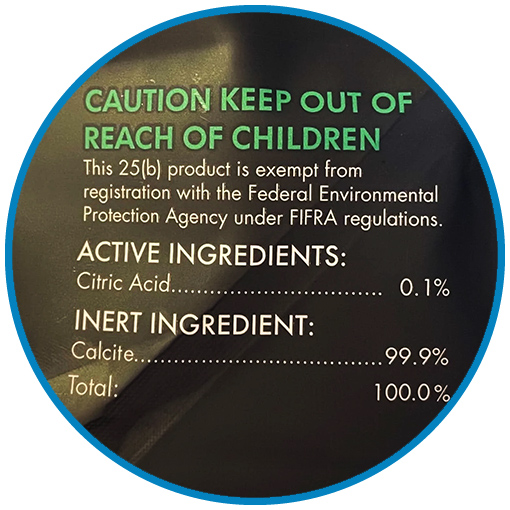 So yeah, we’re talking about the First Saturday Lime that was on Shark Tank, where Kevin O’Leary ended up partnering with them for 25% of their company. Needless to say, it’s certainly paid off. You can find FS Lime at nearly every hardware store in the country today!
So yeah, we’re talking about the First Saturday Lime that was on Shark Tank, where Kevin O’Leary ended up partnering with them for 25% of their company. Needless to say, it’s certainly paid off. You can find FS Lime at nearly every hardware store in the country today!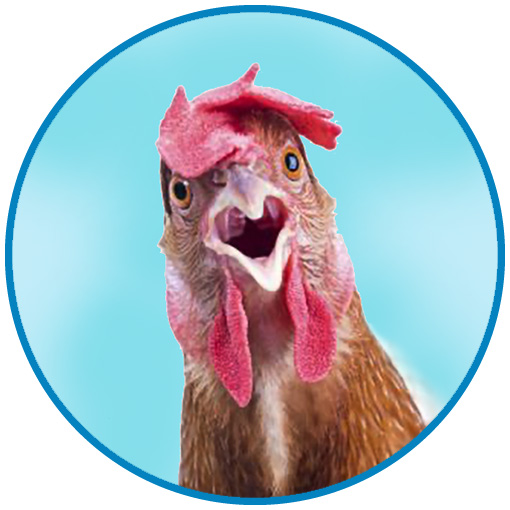
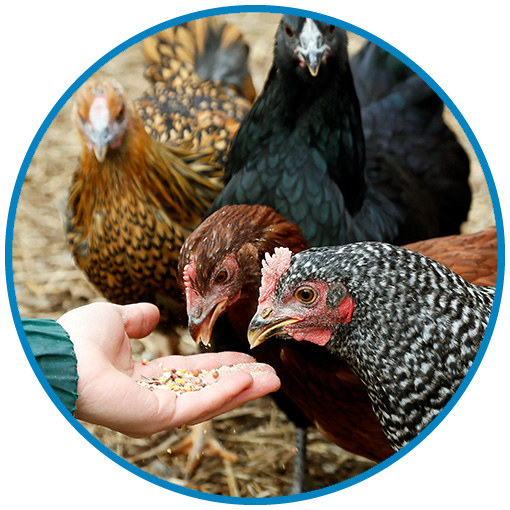 I often wondered, much like songbirds, if chickens lack a sense of taste. I learned about songbirds not having taste buds after trying to figure out how to keep the squirrels from eating all the food (to which the answer was: add hot pepper flakes and make it spicy).
I often wondered, much like songbirds, if chickens lack a sense of taste. I learned about songbirds not having taste buds after trying to figure out how to keep the squirrels from eating all the food (to which the answer was: add hot pepper flakes and make it spicy).